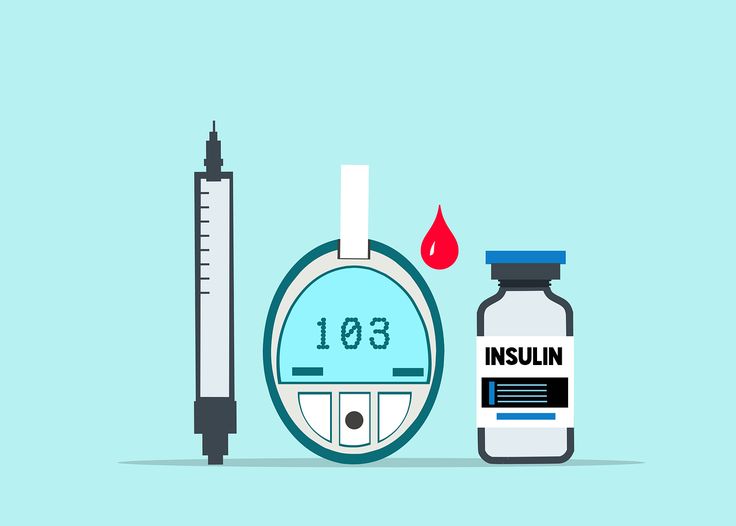
Insulin is a crucial hormone that regulates blood sugar levels in the body. For individuals with diabetes, especially Type 1 diabetes and some cases of Type 2 diabetes, insulin therapy is essential to maintain normal glucose levels and prevent complications. Understanding how insulin works, the different types of insulin, and how to administer it properly is a vital part of diabetes management.
Insulin helps move glucose from the bloodstream into the cells, where it is used for energy. In people with diabetes, either the body does not produce enough insulin (Type 1) or does not use it effectively (Type 2). Proper insulin education ensures that patients can manage their condition effectively and avoid complications like high blood sugar (hyperglycemia) or low blood sugar (hypoglycemia).
Types of Insulin: There are several types of insulin, classified based on how quickly they start working and how long their effects last:
Insulin can be administered through various methods, including syringes, insulin pens, pumps, or automated delivery systems. It is essential for patients to learn the correct techniques for insulin injection, including selecting injection sites, rotating sites to avoid tissue damage, and adjusting doses based on blood sugar levels.
Insulin Storage and Handling: Proper storage is essential to maintain insulin's effectiveness. Unopened insulin should be refrigerated, while in-use insulin can be kept at room temperature for a limited time. Exposure to extreme temperatures can reduce its efficiency.
Managing Insulin Therapy: Regular blood glucose monitoring is necessary to determine the appropriate insulin dose. Patients should also be educated on recognizing signs of hypoglycemia (such as dizziness, sweating, and confusion) and hyperglycemia (increased thirst, frequent urination, and fatigue) and how to respond to these situations.
Why Insulin Education Matters: Educating patients about insulin use empowers them to take control of their diabetes. Understanding how to adjust insulin doses based on meals, activity levels, and stress can help maintain stable blood sugar levels and reduce the risk of long-term complications such as nerve damage, kidney disease, and heart problems.
For individuals new to insulin therapy, working with a healthcare provider or diabetes educator can provide personalized guidance on managing insulin effectively. By staying informed and following best practices, patients can lead a healthier and more active life while keeping their blood sugar levels under control.